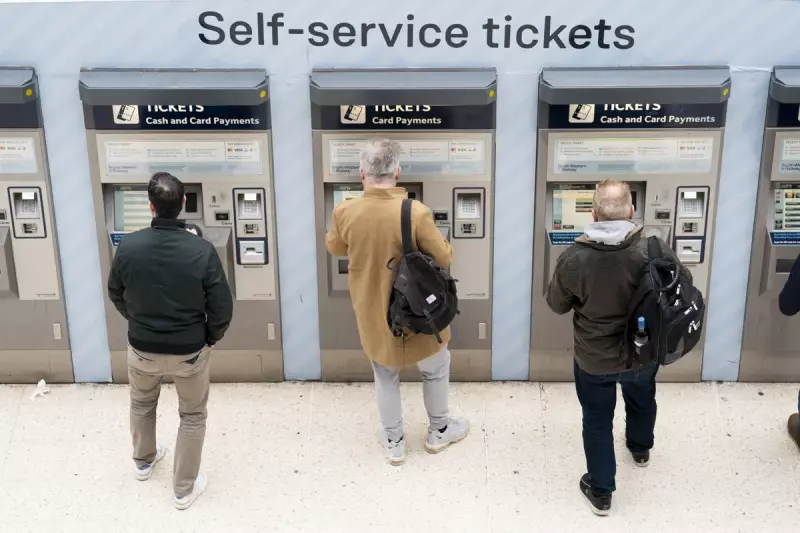
Millions of rail passengers are bracing for a severe financial blow as train fares across Great Britain are set to skyrocket this January. The government-sanctioned increase of up to 4.9% marks the most significant New Year hike in a decade, intensifying the strain on household budgets already stretched by the ongoing cost-of-living crisis.
The controversial rise, which comes into effect on 2nd January 2025, will apply to regulated fares in England and Wales. These include season tickets, most commuter journeys, and off-peak return tickets on long-distance routes. While the Scottish Government has yet to confirm its final decision, it is anticipated to mirror the approach, having previously followed the English model.
A 'Bitter Pill' for Passengers
Campaign groups have reacted with fury to the announcement. The Campaign for Better Transport (CBT) has condemned the move, arguing it will force people off the railways and onto the roads.
"This is a bitter pill to swallow for passengers already burdened by high costs," said a CBT spokesperson. "Hiking fares during a cost-of-living crisis does nothing to encourage people to choose sustainable public transport. Instead, it risks increasing congestion and air pollution as people are priced out of taking the train."
Government Defends Decision Amid Backlash
The UK Government has defended the increase, stating that the decision to cap the rise below the Retail Price Index (RPI) measure of inflation of 5.3% in July—the traditional benchmark—provides a measure of relief for passengers. A Department for Transport spokesperson emphasised that the government "must balance the cost of running the railways with the burden on the taxpayer."
However, critics argue that even a capped increase is unsustainable for many regular commuters, whose wages have not kept pace with inflation. The move is seen as a major setback for efforts to promote green travel and reduce the UK's carbon emissions.
With this increase, the cost of an annual season ticket from commuter towns into major cities will see a jump of hundreds of pounds, adding further pressure on family finances and potentially altering commuting habits for good.





